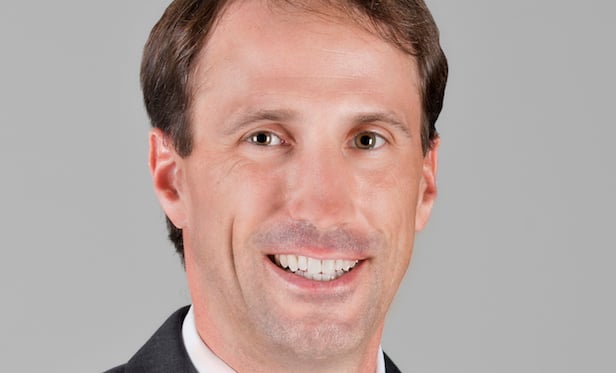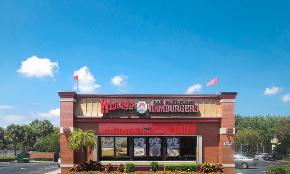 The broker must always remain entrepreneurial, says Everett.
The broker must always remain entrepreneurial, says Everett.
RALEIGH, NC—The Rio Olympic Games that just concluded were replete with track and field events that called for superhuman speed over long-term stamina. Usain Bolt, described as “the world’s fastest man,” reportedly has never run an entire mile at a time. That’s in contrast to the endurance required over the long haul for commercial brokers, which CBRE first VP Bryan Everett likens to a marathon.
“Everything we’re doing each day, week and year is an investment into our career and future,” Everett writes in the second-quarter issue of SIOR’s quarterly Professional Report. “Rarely is there instant gratification. The more we realize we’re constantly planting seeds for the future, the more we’ll have patience with things we’re working on today.”
The Raleigh, NC-based Everett, who carries the SIOR designation after his name, aims his observations at younger brokers. He notes that “the younger/newer you are in this career, it seems the more hours are critical for longevity. It’s just that simple. Realistically though, even long-term business owners invest a tremendous amount of time into running their companies. Our industry is the same, in that we are essentially managing our own individual companies.”
Compared to previous generations, brokers entering the business today do have a few advantages, not least of which is a technological edge. “Technology obviously enhances your ability to leverage time and leverage your efficiencies,” he tells GlobeSt.com.
In his piece for the SIOR publication, Everett offers some examples: “Outlook is a great contact management resource. ACT or Salesforce however, is effective for organizing scheduled follow-up calls. Without some kind of scheduled follow-up program, it’s hard to manage a diligent prospecting system.”
The idea, he continues, is “prioritizing your most effective program for maintaining contact. If there isn’t some disciplined level of staying in touch, it unfortunately catches up with us at some point. We may be loaded with business at certain points in time, but this kind of system can help maintain a pipeline for future business.”
Helping to fill that pipeline are evolving client needs. “There are ever-changing supply-chain and logistics models in the distribution sector that constantly create new opportunities for us as brokers,” Everett tells GlobeSt.com. “Companies are continually evaluating their distribution networks and exploring ways to capture better efficiencies—overlapping distribution centers, for example, that need to be consolidated into one larger regional distribution center.”
Ultimately, however, the pipeline needs to be filled through the broker’s own business-development initiative. “As an independent contractor, third-party broker, whether you’re doing office, industrial or retail, that’s an inevitable challenge that we all have to accept,” says Everett. “For survival, you have to take that challenge and embrace it, and day to day you have to be developing business.” The broker must be “constantly looking for the next opportunity, having your antennae up, always remaining entrepreneurial.”
Everett also provides newcomers to the business with pointers on approaching prospective clients. “Warm calls as opposed to random cold calls are always better,” he says. “If you’ve been referred, you’re coming in at a much higher level.”
Obtaining designations such as SIOR or CCIM can also help give a broker more credibility he adds, as can becoming an expert in a particular market sector. Finally, he recommends applying for each assignment as though applying for a job: “Having a credible resume, tailored specifically to the assignment that you’re pitching, always helps.”

















 Copyright © 2024 ALM Global, LLC. All Rights Reserved.
Copyright © 2024 ALM Global, LLC. All Rights Reserved.